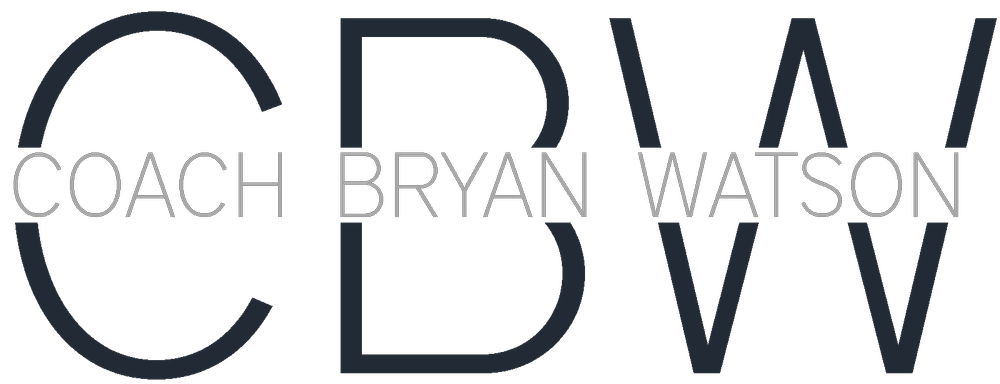We all know that feeling of rebelling against something we should do.
But why do we do it?
Let's look at one area where it’s common to rebel.
Following a Diet:
A specific diet is defined by a set of rules to follow that promises a pay off (lose weight, etc)
But our Diet doesn't happen in a vacuum, it's wrapped up in events, celebrations, hardships, stress, aka “life”.
So when “life happens” and are diets don’t theoretically allow for nuance (ex: low carb, specific calorie targets, etc), we get frustrated and rebel against them.
Rebellion is thus a symptom of forfeiting your personal choices, where you could make trade-offs to fit a particular situation.
“Don’t tell me what to do or how to live!” , our teenager voice protest consciously or subconsciously.
But, what if we could see rebellion as a potential good thing?
As a truth about our nature.
The truth being that where we’re made for freedom.
That when we forfeit our personal choice for a set of rules, we rebel.
Now, if you personally chosen a strict diet, because you're a fitness competitor or your hobby is to get exotically lean, and you're ok with forfeiting experiences for your diet, thats different.
The point is making choices that align with what you value.
Rebelling is thus a sign that you haven’t truly done the work of aligning your choices up with your values.
That’s the deep and difficult work, and taking note of where and when you rebel might be the first step to freedom.





